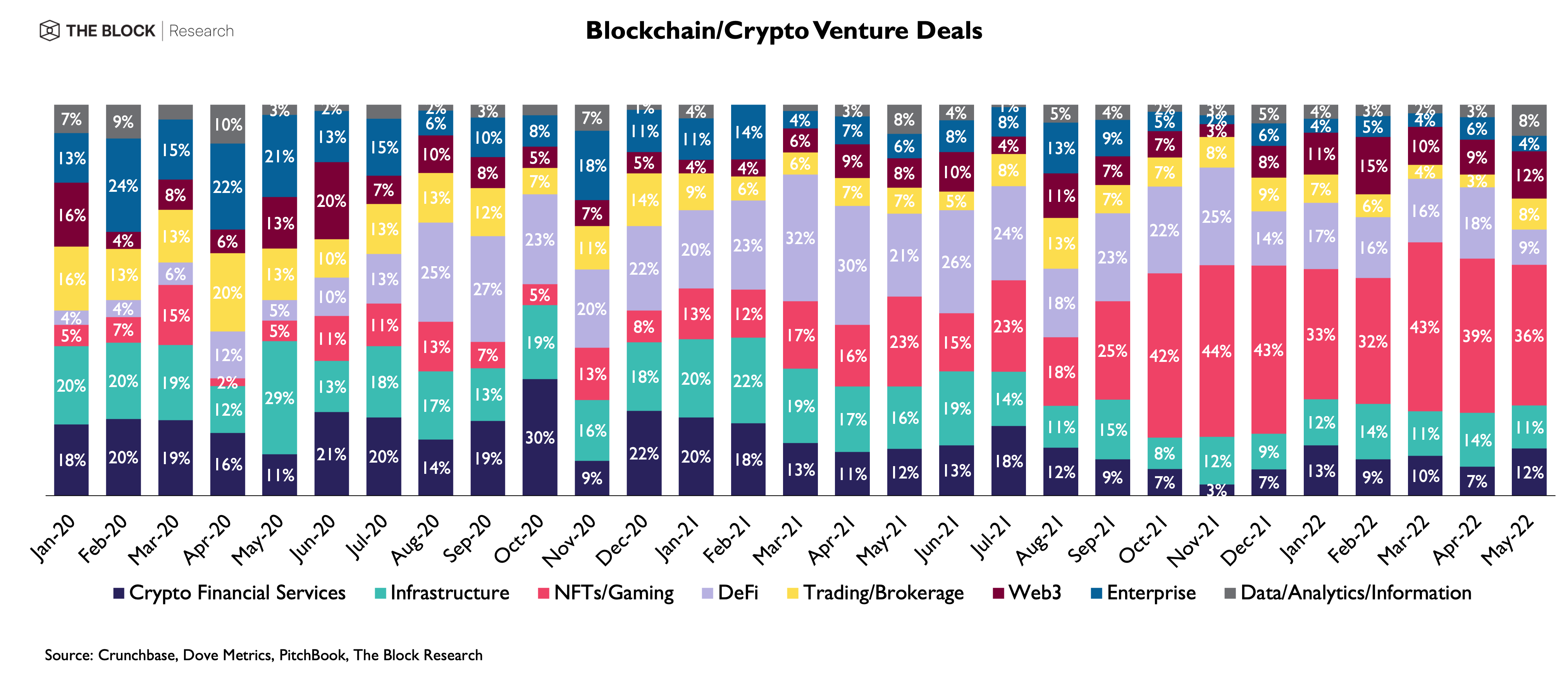In preparation for the Ethereum merge happening later this year, developers have activated the merge on the Ropsten test network.
The merge took place on Wednesday afternoon after the move was first announced on June 3.
Ropsten’s proof-of-work chain was merged with its proof-of-stake beacon chain by combining their codes into one. Today’s merge is critical to check if client software using Ethereum nodes performs without any glitches. Client software teams participated in the merge including Lighthouse, Lodestar, Prysm, Teku, Besu, Erigon, go-ethereum (geth) and Nethermind.
The same process is set to happen later this year with the Ethereum mainnet merge, for which a date has not yet been set. In effect, today’s event was intended to serve as a major practice session for the mainnet merge, which will see Ethereum transition from proof-of-work consensus to proof-of-stake.
Previous tests included a shadow fork on the main network in April and another merge on Kiln, another testnet.
Today’s test is measured by a metric called terminal total difficulty. The merge is considered activated once this level of block difficulty is reached on the proof of work version. The proof-of-work version of Ropsten crossed a pre-set 50 quadrillion measure to protect the merge from any malicious activity by artificially acquiring the hashrate.
Before the activation of the merge, node operators had to manually configure their clients to override the Ropsten Terminal Total Difficulty for both the proof-of-stake version and proof-of-stake clients, as explained by The Block’s Vishal Chawla in an explainer published Tuesday.
© 2022 The Block Crypto, Inc. All Rights Reserved. This article is provided for informational purposes only. It is not offered or intended to be used as legal, tax, investment, financial, or other advice.
Go to Source
Author: Anushree Dave
